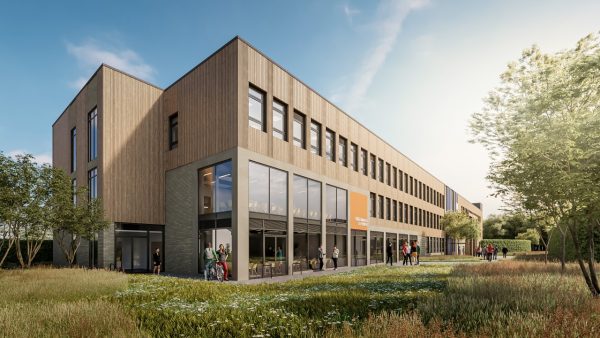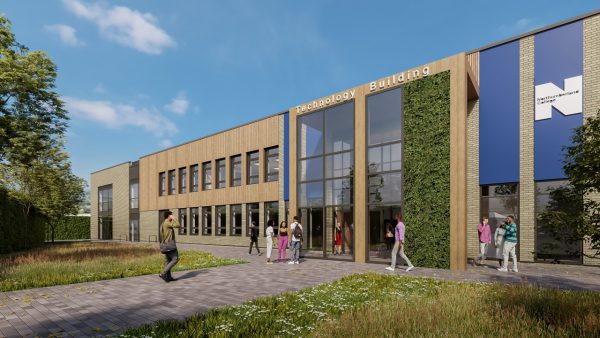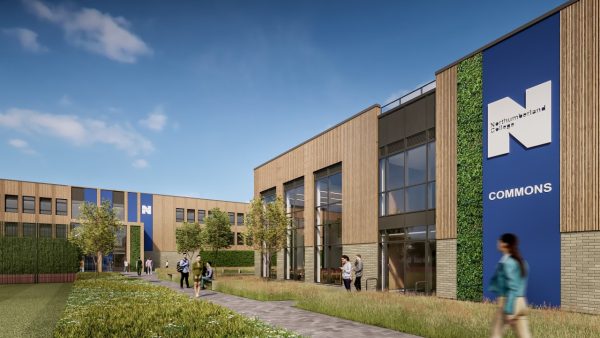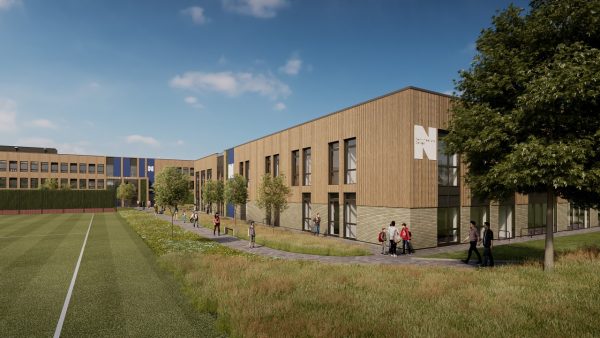
Northumberland College
Northumberland College - A Pioneering Campus for the Future
Northumberland College’s new campus in Ashington is set to redefine the landscape of further education. With state-of-the-art facilities and a focus on sustainability and regional skills development, this ambitious £22 million project will serve as a vital resource for students and the local community.
Designed to meet the region’s growing educational and economic needs, the campus will incorporate advanced learning environments and a focus on sustainability.

Value
For Education Partnership North East (EPNE), this project represents a significant investment in regional development, driving Northumberland’s Net Zero ambitions. The college will offer industry standard facilities that align with the region’s skills priorities, benefiting students, local businesses, and the economy.
The campus will cater for 3,075 learners, significantly expanding EPNE’s capacity and supporting the growth of the regional workforce, addressing both educational and local economic needs. Through innovative design and off-site construction, the project maximises efficiency and reduces costs while ensuring rapid build times.

This transformational campus will not only provide world class educational facilities but will also catalyse economic growth in Ashington, creating a thriving, sustainable hub for learning, industry, and community.

Impact
The new campus will have a profound social, economic, and environmental impact. Socially, it will provide world-class facilities for students of all backgrounds, including those with special educational needs. Economically, the campus will support local businesses by increasing footfall in Ashington and creating job opportunities for both students and staff.
Environmentally, the college’s use of biophilic design and renewable technologies aligns with sustainability goals, setting a new benchmark for educational facilities in the region.
Sustainability
Bond Bryan’s design leverages biophilic principles to facilitate a connection with nature, enhancing both learning and wellbeing. The campus will feature sustainable materials and energy efficient systems, including photovoltaic canopies and rain gardens.
Off-site manufacturing methods will reduce carbon emissions during construction, while the final design aims to meet Net Zero targets. By incorporating renewable energy technologies and optimising energy use, the campus will provide a model for environmentally conscious educational facilities.